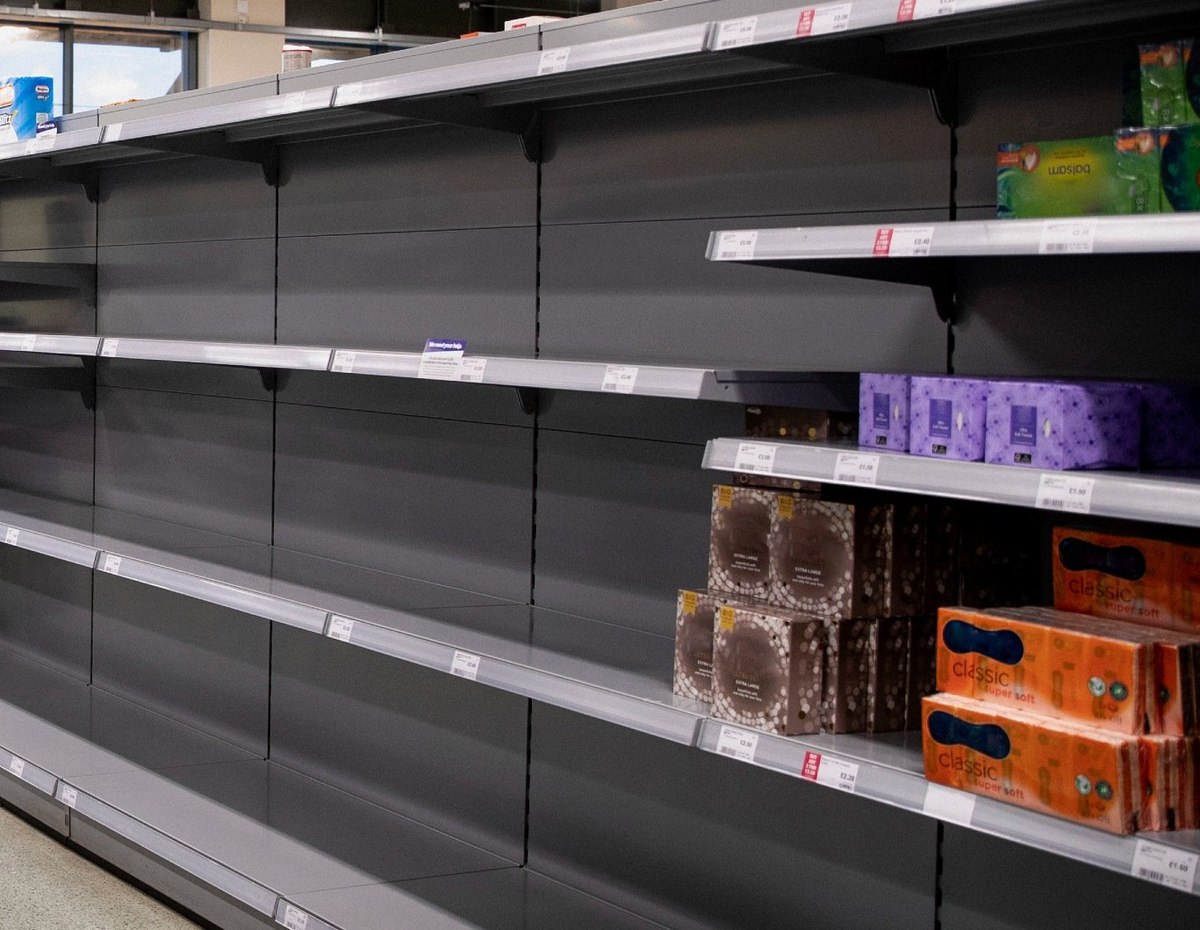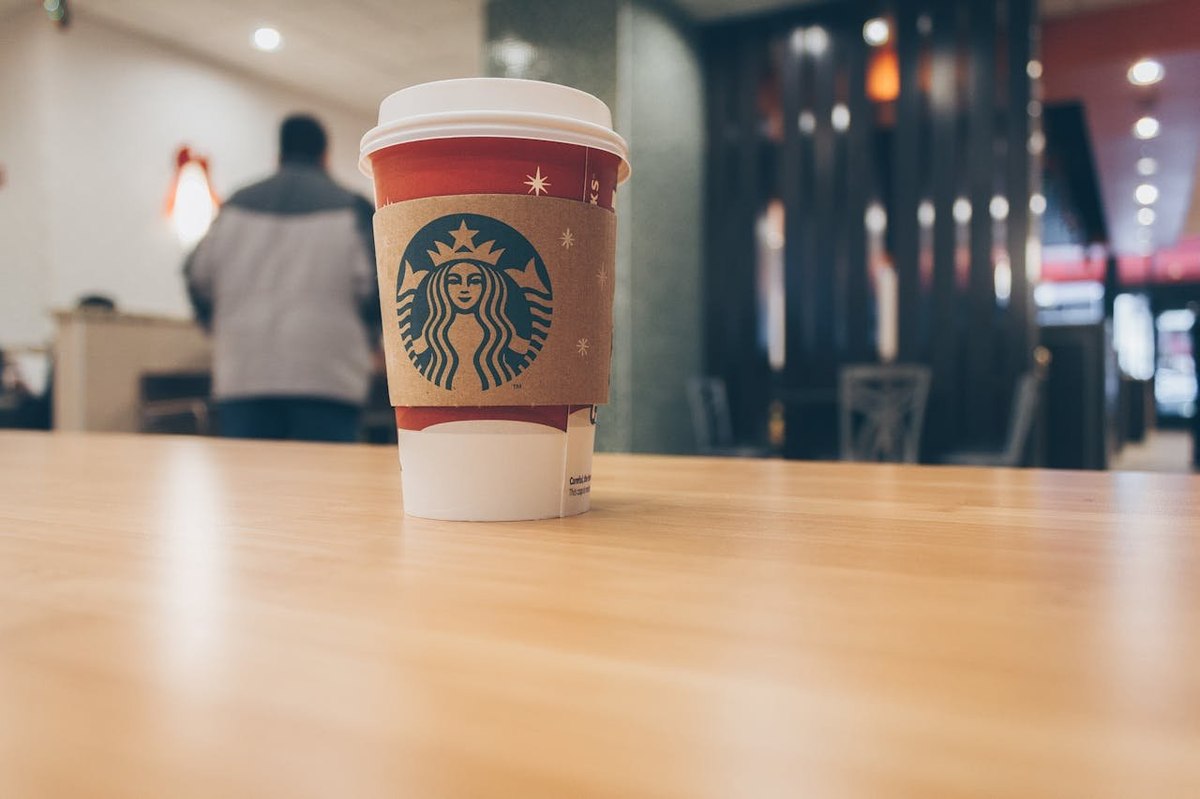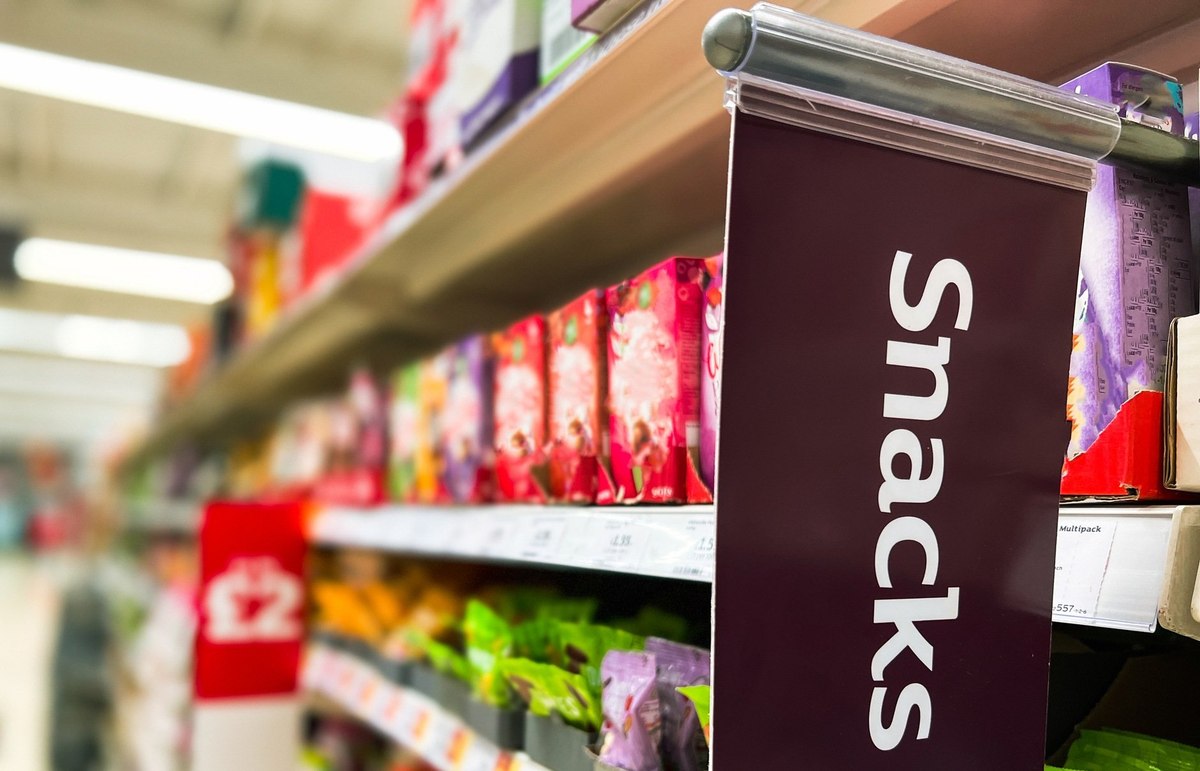
UK consumer loyalty tested: Who wins?
French supermarket giant Carrefour has opted to stop stocking Pepsi products, citing increased prices as the primary reason. This decision prompts a question: in such situations, do consumers lean towards loyalty to the supermarket they frequent, or to the products they favour?
According to a recent YouGov Self-serve survey, supermarkets emerge as the winners in the brand loyalty debate. Nearly half of UK adults (48%) would switch to a different brand within the same supermarket. This suggests that for a significant portion of consumers, either loyalty lies more with the store than the specific product or convenience trumps brand loyalty.
On the flip side, 33% of respondents say that they would purchase the same discontinued product from a different supermarket, suggesting that, for many, being able to buy their preferred brand is non-negotiable.
Surprisingly, a small but significant 7% of participants assert that they would stop purchasing the discontinued product altogether. Additionally, 13% of respondents express uncertainty about their course of action.
Shifting focus to broader economic considerations, the survey turns to the likelihood of customers switching supermarkets if their average spend at their primary store increases by 10% or more. While roughly two-thirds of respondents (67%) claim they are either "very likely" or "somewhat likely" to switch retailers, 27% express an inclination to remain with their current supermarket despite the increased costs. This suggests that while price sensitivity is a critical factor, other factors such as convenience, location, or service quality continue to play pivotal roles in shaping consumer decisions.
As supermarkets grapple with the challenge of discontinuing products due to rising prices, the survey explores potential mitigating strategies. When asked about the most useful incentives to purchase from supermarkets that decide to discontinue a product, 59% of respondents favour lower-cost alternatives, emphasising the importance of affordability in consumer decision-making.
Discounted products emerge as a secondary preference, but at a significantly lower rate, with 15% of respondents considering them the most useful incentive. Loyalty programme incentives also hold some sway, with 14% expressing a preference for such rewards.
While price sensitivity is evident, brand loyalty and a willingness to explore alternative products within the same supermarket underscore the complexity of factors influencing consumer decisions. Supermarkets aiming to navigate the delicate balance between maintaining profitability and satisfying customer expectations should possibly consider a nuanced approach that combines affordability, incentives, and effective communication.
Explore our living data – for free
Discover more retail content here
Want to run your own research? Run a survey now
Make smarter business decisions with better intelligence. Understand exactly what your audience is thinking by leveraging our panel of 20 million+ members. Speak with us today.
Methodology: YouGov polled 1,000 UK adults on January 9, 2024. The survey was carried out through YouGov Surveys: Self-serve. Data is weighted by age, gender, political affiliation, education level and region. Learn more about YouGov Surveys: Self-serve.


































